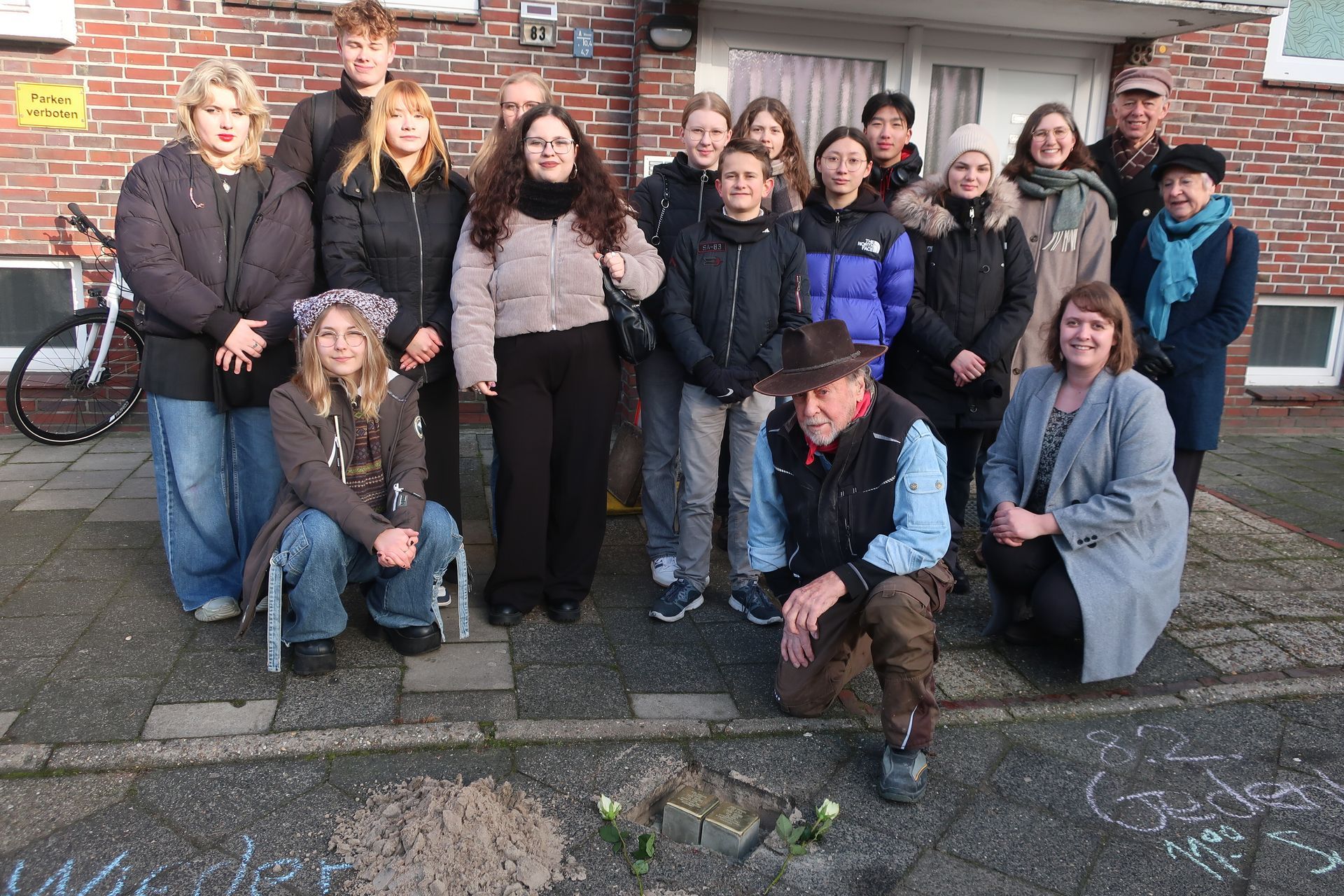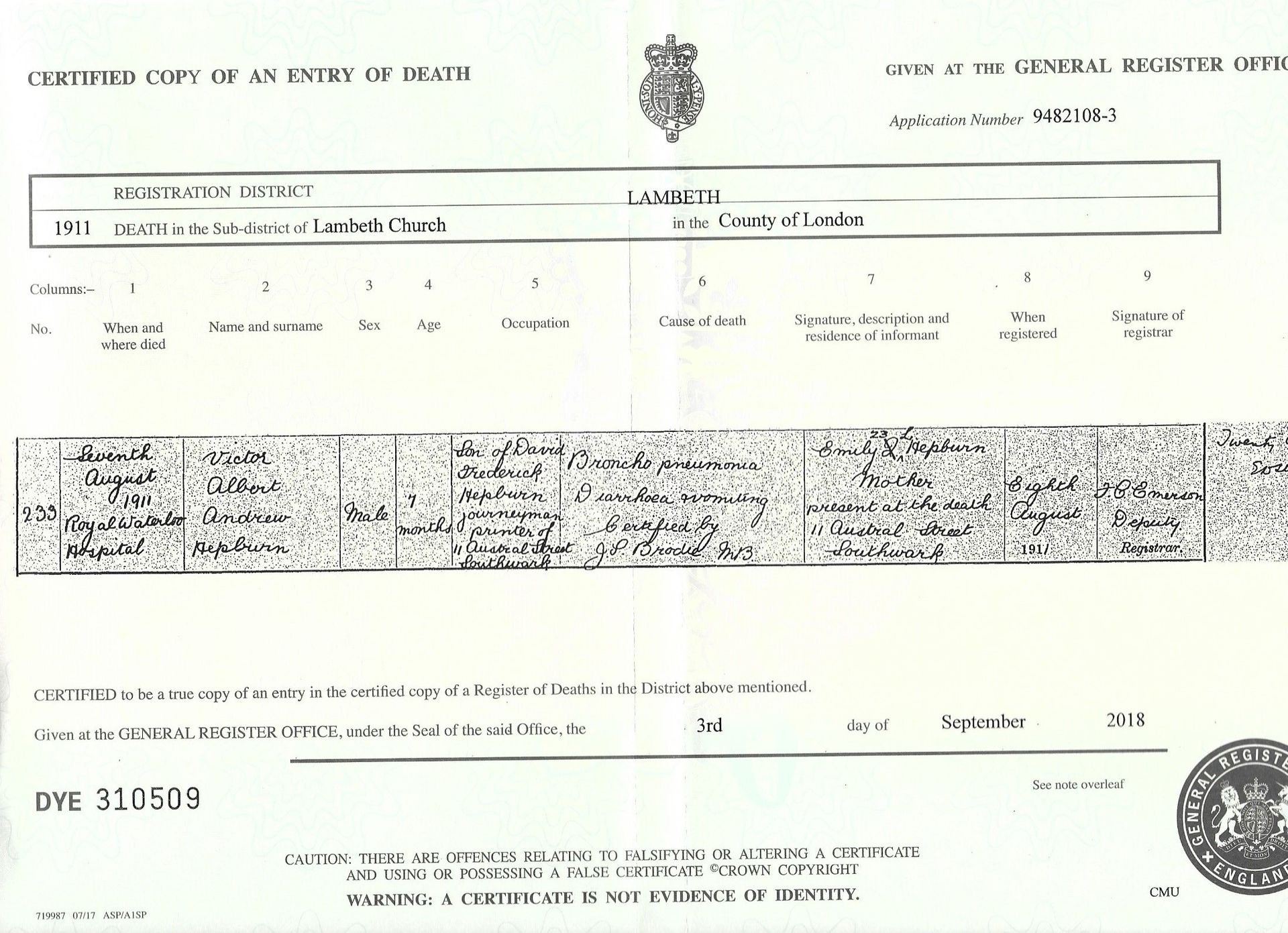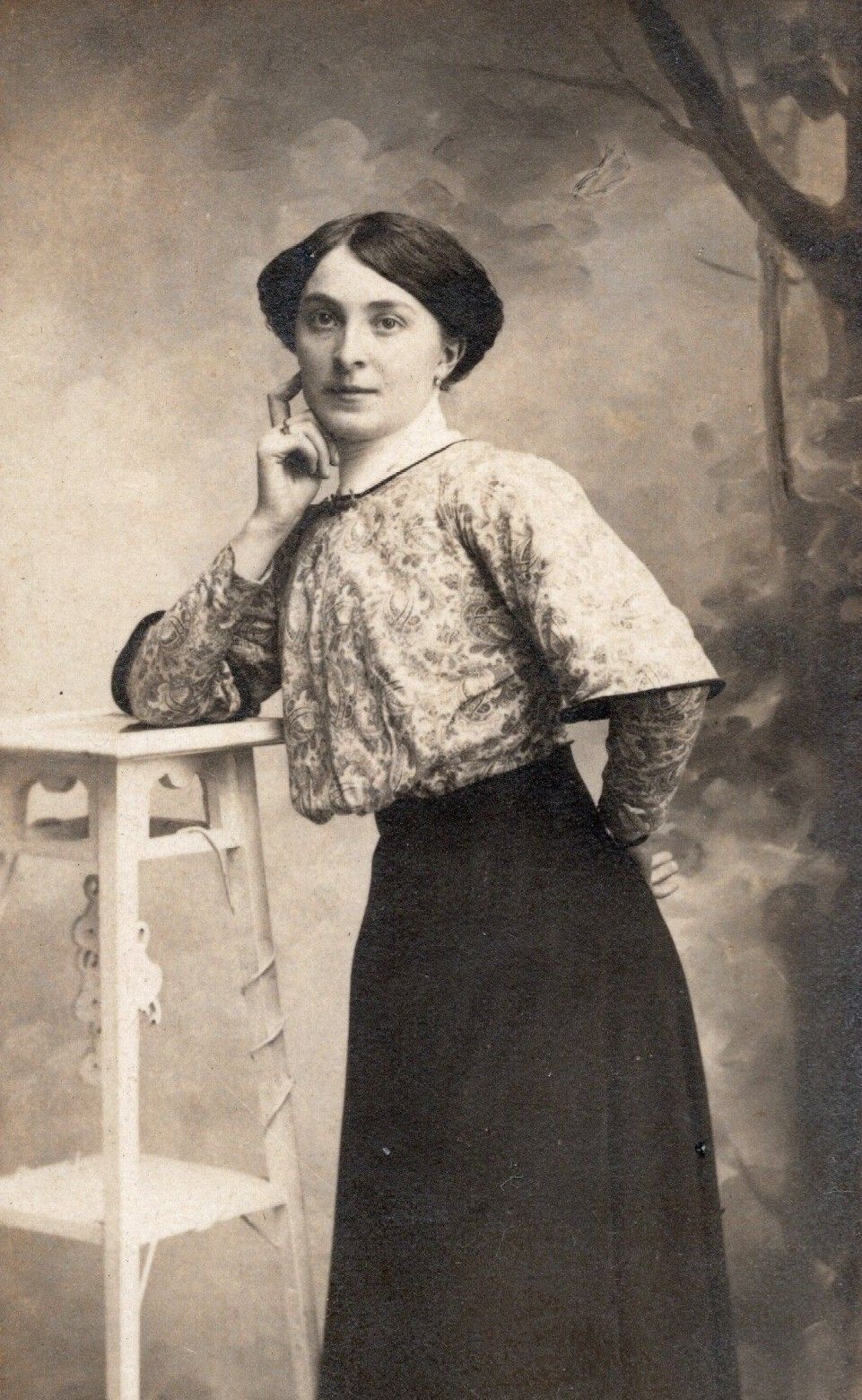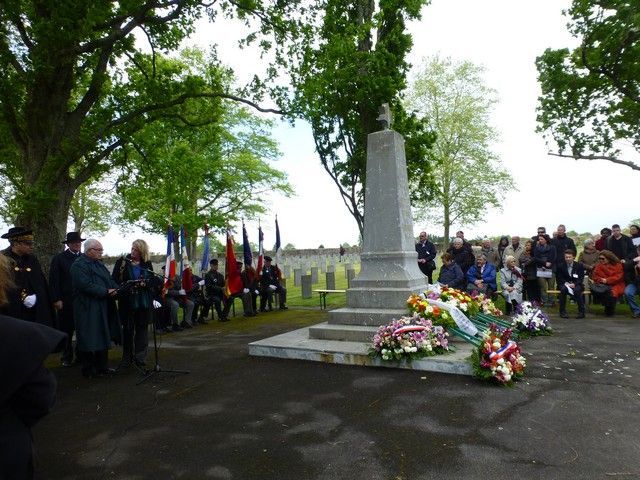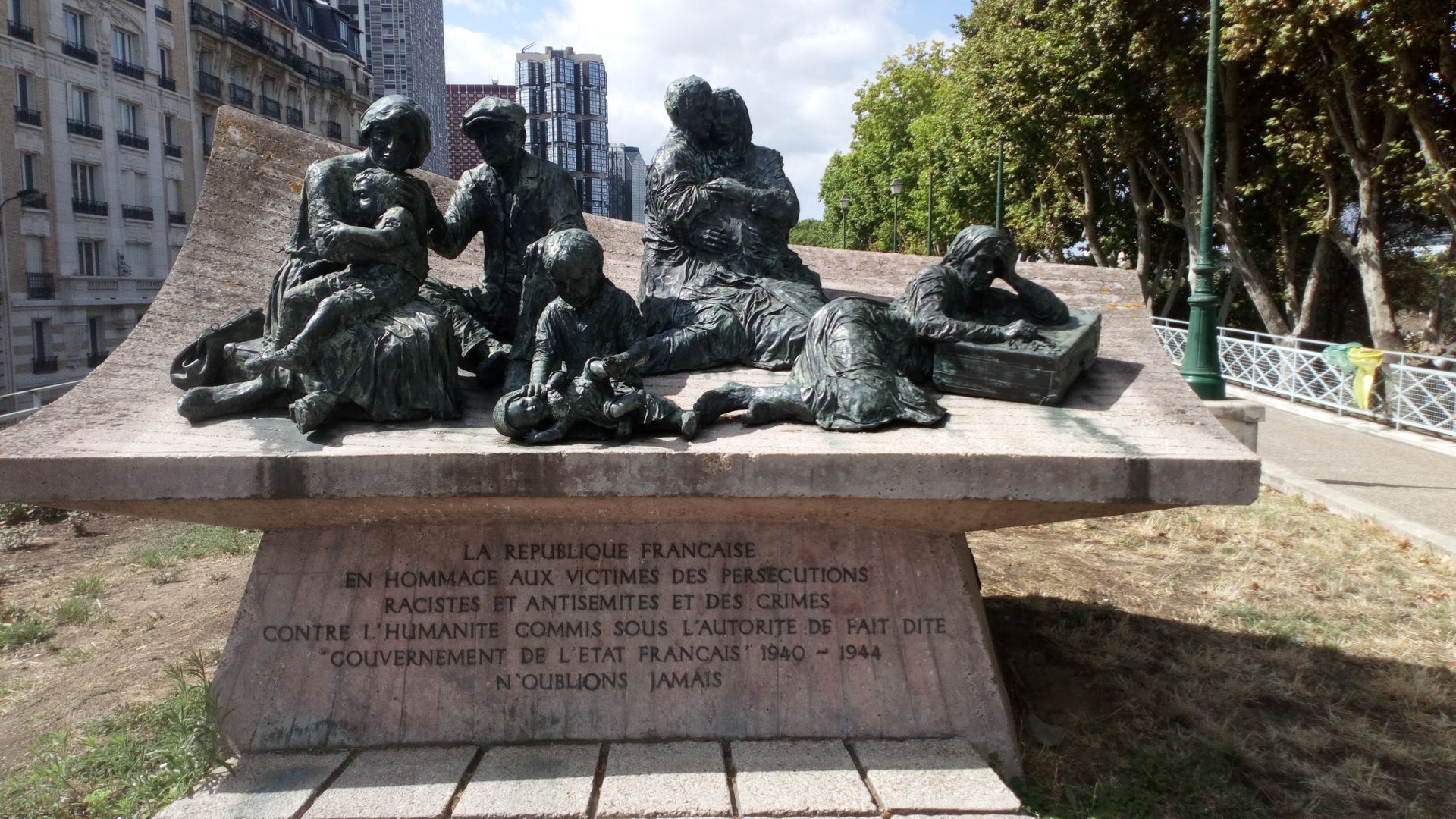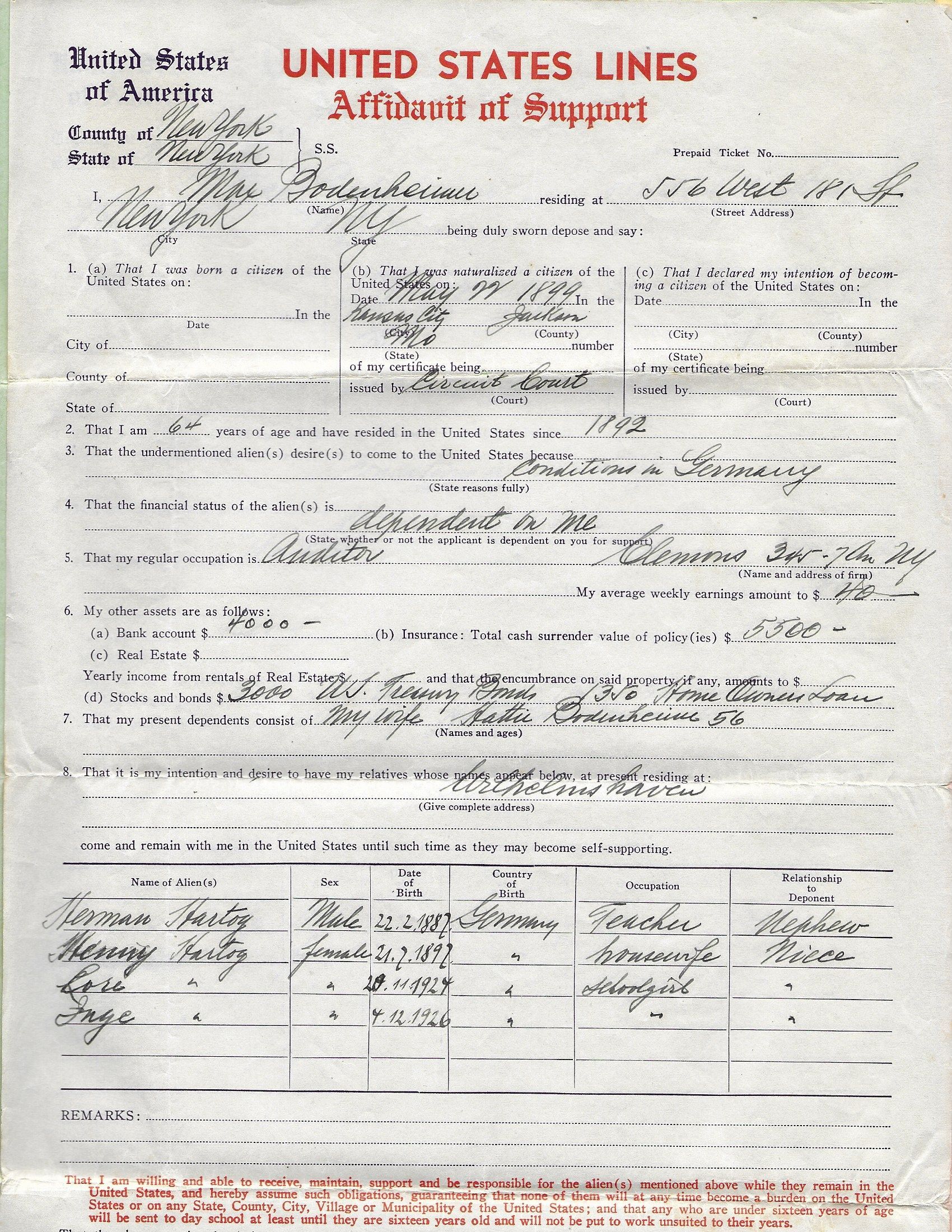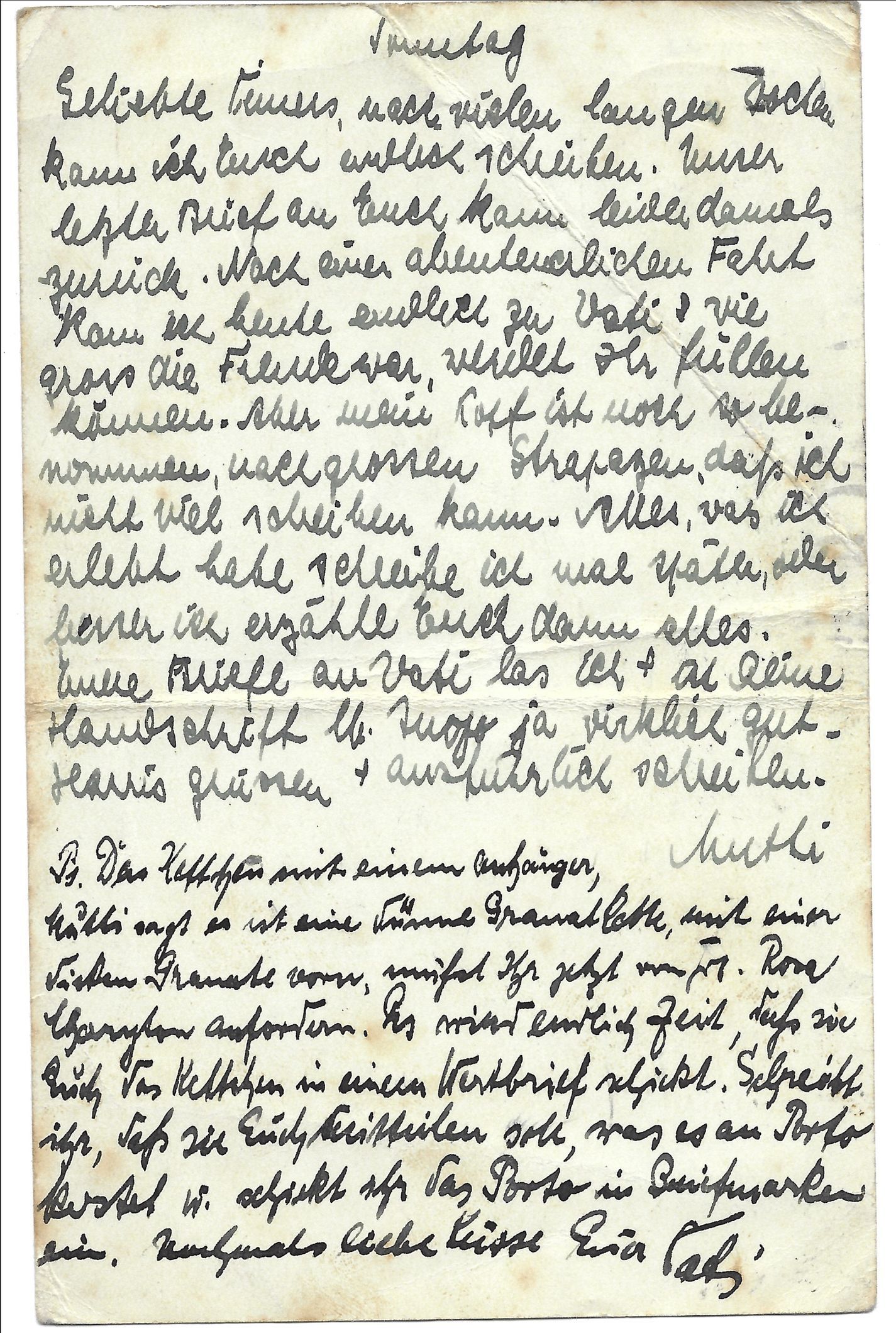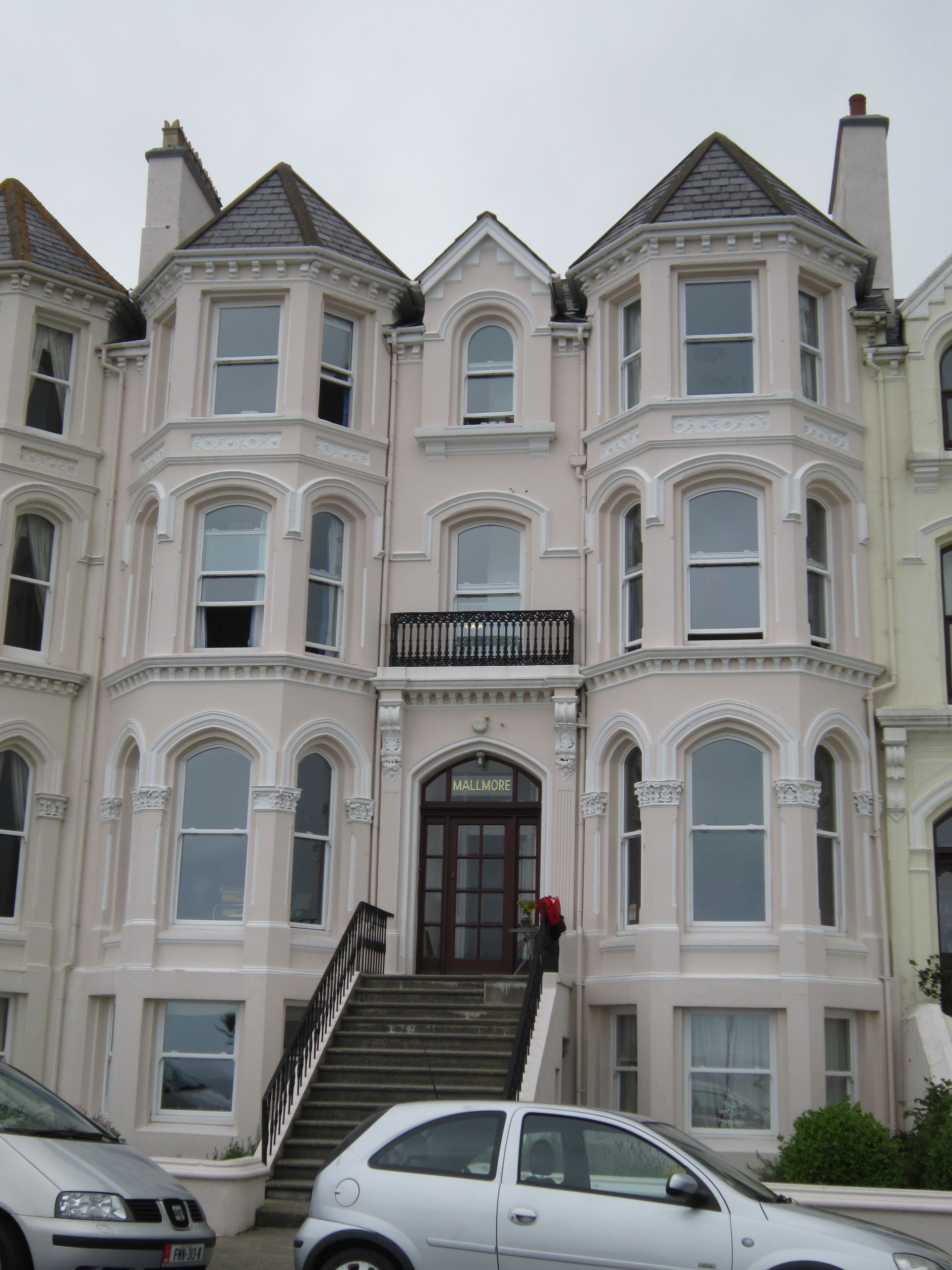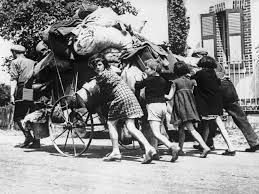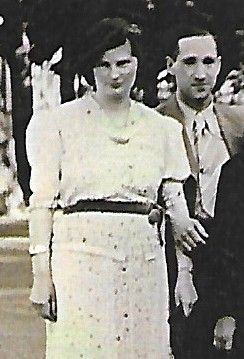Leaving Montory as refugee numbers increase
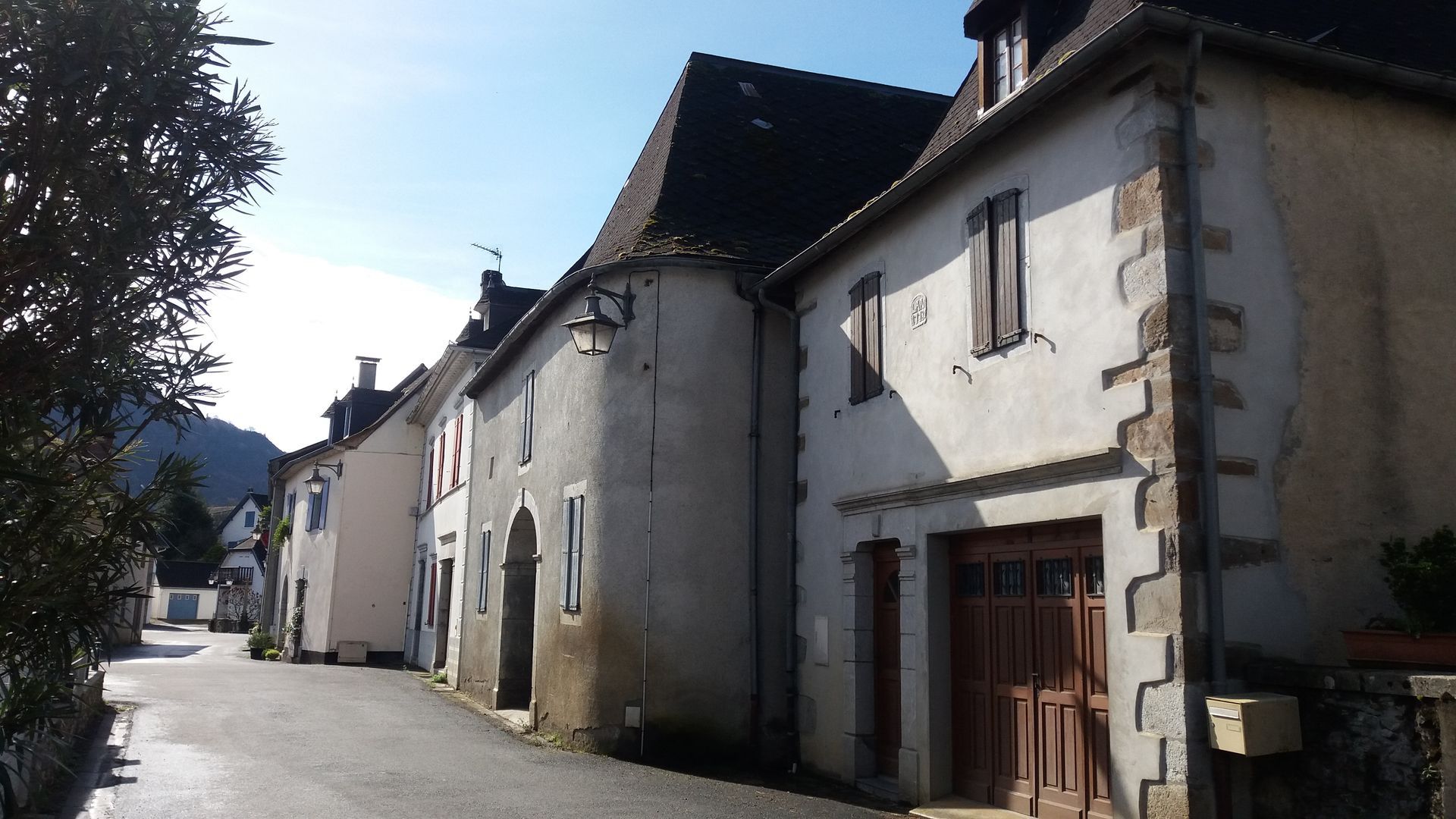
Montory is a village in the Basque Pyrénées where Henny and Hermann Hartog were given refuge in the summer of 1940.
At the time, there were many other refugees also in the area as people who had been living in the north of France had fled the approaching German army. After the armistice had been signed between France and Germany in June 1940, many of those refugees gradually drifted back home.
Henny and Hermann felt safe and welcomed in Montory, although their aim was to reach Marseille and emigrate to America. As Henny wrote to her daughters on 17 November 1940,
'We will stay here in the village until we receive the summons from the Consulate in Marseille.'
They did not tell their daughters much about what life was like for them in the village, but in their December letter, Henny wrote,
'You ask how we live as refugees. Yes, dear children, it is very difficult, but we have enough to eat and we are not restricted, like many others. People here have lent us some warm winter clothes.'
But events elsewhere a few weeks earlier were about to affect the refugees in Montory. On 22 October, the Germans had expelled over 6,500 Jews from their homes in Baden-Württemberg on the French/German/Swiss border, piled them into crowded trains, and sent them to the south-west of France. Two days later, the trains arrived at Oloron Sainte Marie and the Jews were taken by truck to the internment camp at nearby Gurs. In one week in early November, the number of internees at Gurs quadrupled from 3,309 to 14,254.
In the same month, Germany annexed the French departments of Alsace and Lorraine, driving yet more refugees south-west. The arrival in the area of so many new refugees inevitably put increasing pressure on the services that could be provided for those already there. Local town halls had to manage a huge re-allocation of people and resources.
It was soon evident that officials had severely underestimated the numbers of refugees involved, and the plans that they had made were clearly not adequate. In November 1940, fifty of these refugees arrived in Montory. Their arrival required the local council to busy itself with 'credit for the purchase of food, repairs to premises, and bedding.'
The re-allocation of housing, furniture, pots and pans, other basics needed for living – as well as food and clothing - resulted in a move for Henny and Hermann from Montory to a larger village about ten kilometres away called Arette.
The town hall of Arette recorded the arrival of many refugees from Lorraine into the village on 24 November 1940. These refugees spoke both French and German fluently, and one elderly man, Jacky Tillous, in 2023 remembered a young girl, Barbe Grenner, who was in his class at school in 1941 and who spoke French, but with a slightly different accent from the local children.
On 7 January 1941, Henny and Hermann also arrived in Arette where the local people welcomed them with generosity, practical help, and a deep personal commitment.
(photo shows the main street in Montory)
